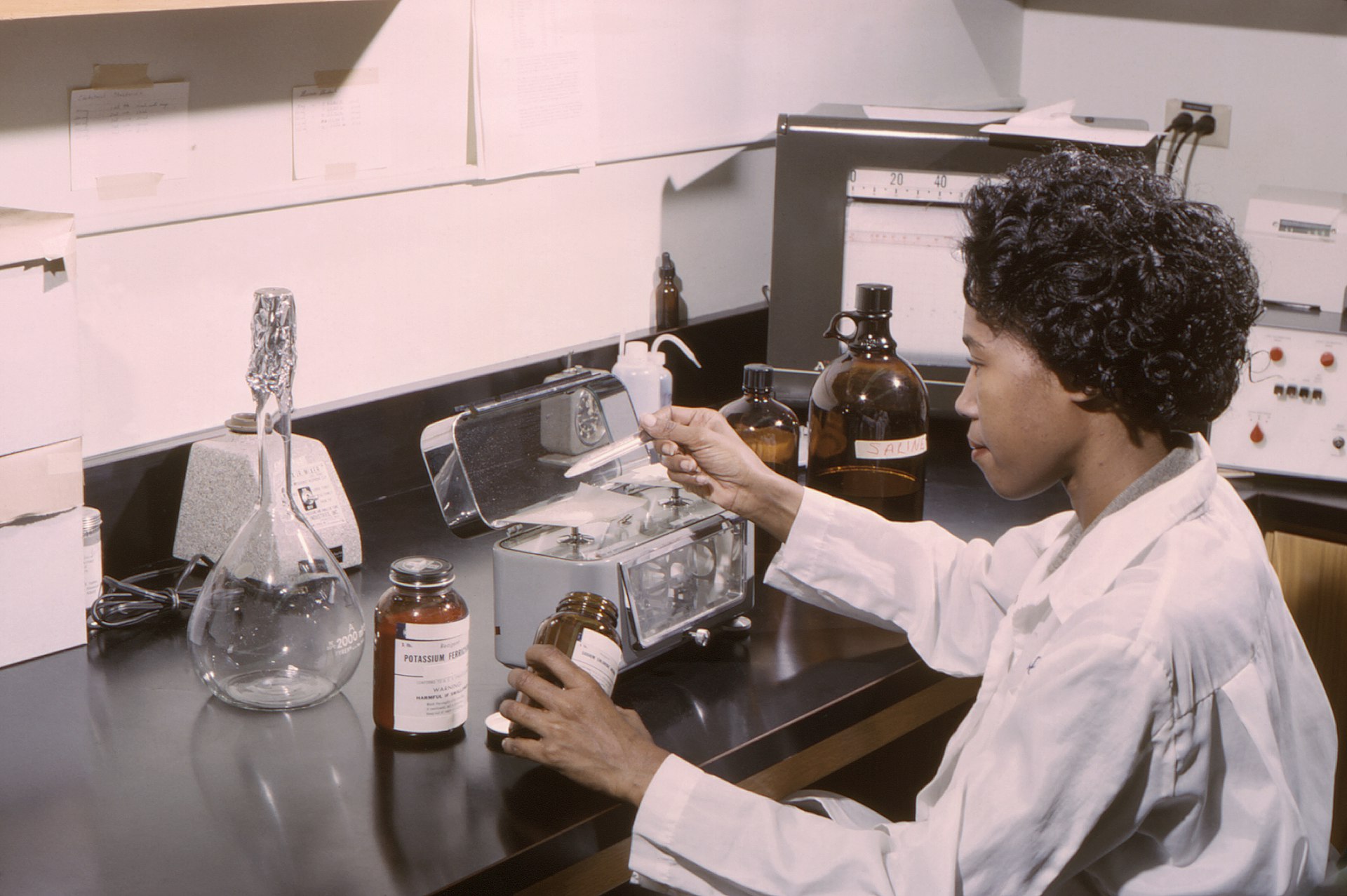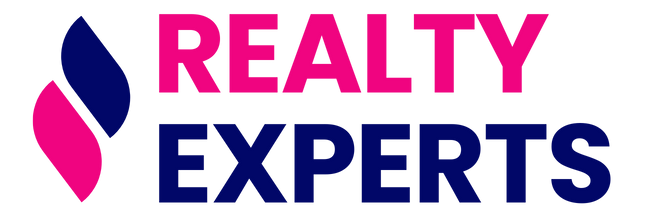How Personality Tests Shape Career Opportunities and Success

Photo by Laurenz Kleinheider on Unsplash
Introduction: The Power of Personality in Career Decisions
Choosing a fulfilling career is one of life’s most significant decisions, and the process is rarely straightforward. Many individuals struggle with aligning their strengths, interests, and values with potential job roles. Personality tests have become increasingly popular tools to bridge this gap, providing valuable insights that shape career choices, satisfaction, and long-term success. In this article, we explore how personality assessments can affect your career options, offering actionable strategies, real-world examples, and guidance for making the most of these resources.
Understanding Personality Assessments and Their Role in Careers
Personality assessments are structured tools designed to reveal key aspects of an individual’s character, preferences, and behavioral tendencies. Tests such as the
Myers-Briggs Type Indicator (MBTI)
,
Big Five
, and
DISC
are widely used by both individuals and organizations to understand how personality influences work habits, interpersonal relationships, and job satisfaction
[1]
[2]
. By increasing self-awareness, these tests help individuals identify strengths and potential challenges, guiding them toward career paths that align with their natural dispositions.
Aligning Career Choices with Innate Strengths
One of the most profound ways personality tests influence career options is through career alignment . When you understand your unique preferences-such as whether you thrive in collaborative or independent settings, or whether you prefer structured routines or creative problem-solving-you can seek roles that maximize your satisfaction and productivity [1] . For example, extroverted individuals might excel in client-facing roles, while those with high conscientiousness may thrive in detail-oriented positions [4] . This alignment not only enhances job satisfaction but also reduces the likelihood of burnout and turnover.
Case Studies and Real-World Impact
Consider Jane, a marketing executive who felt stagnant in her role. After taking the MBTI, she discovered her ENFP type, which highlighted her creativity and people-oriented nature. This insight led her to shift into content strategy and team leadership, roles more closely aligned with her natural strengths. According to a 2022 study by the Society for Human Resource Management, organizations that use personality assessments see a 25% increase in employee engagement, and teams with diverse personality types are 25% more effective at problem-solving [2] . These statistics show the tangible benefits of leveraging personality insights for both individuals and organizations.
Enhancing Job Satisfaction and Professional Growth
When your job aligns with your core personality traits, you’re more likely to experience greater job satisfaction . Research from the American Psychological Association indicates that as much as 60% of job satisfaction can be attributed to intrinsic characteristics like extroversion or conscientiousness [2] . This alignment fosters a sense of purpose, reduces stress, and increases motivation. Additionally, understanding your personality can help you identify areas for self-improvement, such as developing resilience or adapting to challenging environments [1] .
Informing Career Advancement and Role Selection
Personality assessments are not only useful for initial career selection but also for ongoing professional development . By highlighting areas of strength and opportunities for growth, these tools can inform decisions about promotions, lateral moves, or additional training. For example, a technology company that incorporated personality assessments into its hiring process reduced turnover by 30% within a year, resulting in significant cost savings and a more cohesive team [2] . Understanding your personality type can also help you prepare for interviews, tailor your resume, and present yourself more effectively to employers [3] .
Improving Interpersonal Relationships and Workplace Dynamics
Effective communication and positive workplace relationships are critical for career success. Personality assessments can provide a framework for understanding your preferred communication style and how you interact with others. This self-awareness can foster better teamwork, conflict resolution, and leadership skills [1] . Gallup research has shown that teams with a mix of personality types are more innovative and better equipped to tackle complex challenges [2] .
Practical Steps: How to Use Personality Tests for Career Planning
To harness the benefits of personality assessments, follow these step-by-step instructions:

Photo by Sebastian Herrmann on Unsplash
- Research Reputable Personality Tests: Explore widely recognized assessments such as the MBTI, Big Five, or DISC. Many organizations and career counselors offer these tests, and some are available online for free or a fee. If uncertain, search for “official MBTI assessment” or “Big Five personality test” and look for established providers.
- Complete the Assessment Honestly: Answer questions as accurately as possible to gain true insights into your personality traits.
- Interpret the Results: Review the summary or consult with a career counselor to understand your main traits, strengths, and potential challenges. Many universities and professional organizations offer guidance on interpreting test results.
- Identify Compatible Careers: Map your personality characteristics to potential roles. For example, extroverts may excel in sales or management, while introverts might thrive in research or technical positions [3] .
- Seek Additional Guidance: Consider speaking with a career advisor or participating in workshops. Many colleges and community organizations provide resources for career planning based on personality assessments.
- Apply Insights to Your Job Search: Use your personality profile to tailor your resume, prepare for interviews, and identify organizations with cultures that match your preferences.
Potential Challenges and Limitations
While personality assessments offer valuable insights, they are not without limitations. Some critics argue that these tests can be overly simplistic or fail to account for changes in behavior over time. It’s important to use them as one part of a comprehensive career planning strategy-alongside skills assessments, values exploration, and real-world experience [2] . Additionally, not all employers or industries place the same emphasis on personality fit, so it is wise to consider multiple factors when making career decisions.
Alternative Approaches and Additional Resources
If you prefer not to use a formal personality test, you can still engage in self-reflection exercises, seek feedback from mentors, or enroll in career development workshops. Many universities, workforce development centers, and professional associations offer resources to help you assess your strengths and align them with your career goals. To find these services, search for “career counseling services” or “career assessment programs” at your local community college, university, or public library.
Key Takeaways
Personality tests can be powerful tools for uncovering your strengths, clarifying your career options, and improving workplace relationships. By using these assessments thoughtfully and in conjunction with other career planning resources, you can make more informed decisions that lead to greater satisfaction and success in your professional life.
References
- [1] Girl Power Talk (2023). Using Personality Assessment to Select a Career.
- [2] Psico-Smart Blog (2022). What is the impact of personality assessments on career decisionmaking processes for young adults?
- [3] Indeed (2023). 8 Personality Tests Used in Psychology (And by Employers).
- [4] National Institutes of Health PMC (2019). Personality Traits and Career Role Enactment.
MORE FROM realtyexperts.ai













